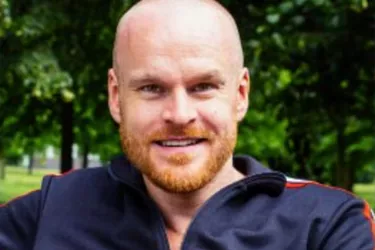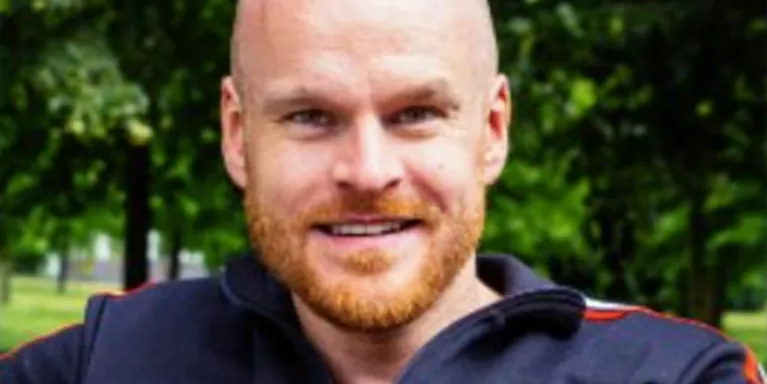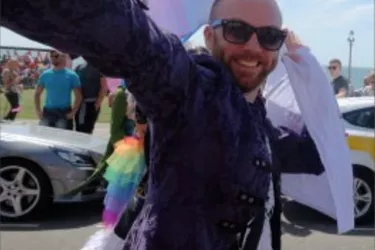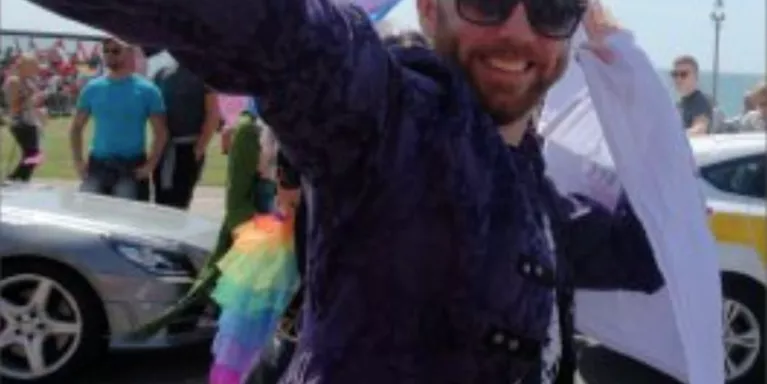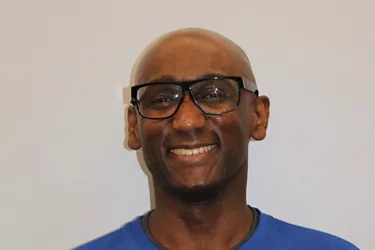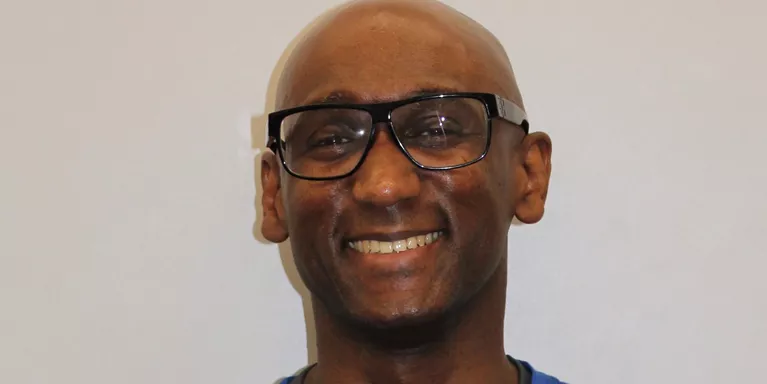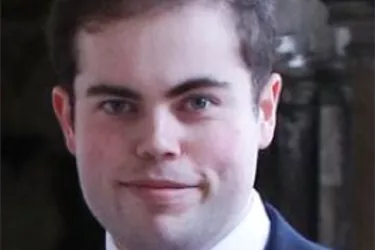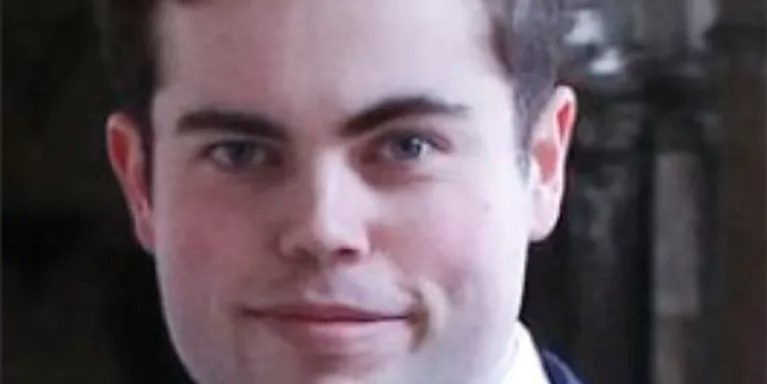How I came to terms with my life changing diagnosis
When Philip found out he had HIV and hepatitis C, It impacted hugely on his mental health, but acceptance has left him empowered.
Philip Baldwin is an author and human rights activist. Follow Philip on Twitter at @philipcbaldwin
I was diagnosed, firstly with HIV and then, a week later, with hepatitis C, in January 2010. I was in great health physically, mainly because the viruses had been diagnosed early on. I felt very tired though and emotionally I was a complete and utter wreck.
Shame, fear and regret would gang up on me, creating crippling suffering and confusion. I could not walk or talk. These emotions caused violent headaches, claustrophobia and made my mouth run dry. I felt suffocated. In the workplace, I usually managed to keep these feelings at bay. That evening, the moment I passed through the office doors, I started to fall apart in the night air. I was very conscious of the difference in temperature between the air conditioned building and the world outside.
The Edwardian and Victorian columns of London’s financial district loomed over me. The architecture was like a theatre set. I felt detached. What was familiar had changed into something unfamiliar.
I walked across the large square in front of the Guildhall and through the bombed out ruins of Christ Church Newgate Street. I did not notice anyone. Moonlight spilled everywhere, in pools of light and dark. The soft leather of my loafers hardly seemed to make a sound. I walked, alone, through this hard and strange landscape. In these surreal surroundings anything seemed possible.
"It felt, like I was crossing from one world into another. I dropped onto the bed, unwilling even to get undressed."
I turned the key in the lock and walked into my apartment. I did not bother to turn the lights on. I went to the bedroom, which was carpeted. I stood on the edge of the tiled surface, the heels of my shoes on the limestone and their soles pressing against the pile. It felt, again, like I was crossing from one world into another. I dropped onto the bed, unwilling even to get undressed.
I lay there, head resting against a pillow, staring at the closed wardrobe doors. I could make out the grain of the wood in the dimly lit room. My unease and anxiety was exhausting me, but I could not sleep. I was compartmentalising my HIV as a means of managing it. When the boundaries came down, the horror of the emotions hit me with an even greater intensity. It was at night, away from the busy office, that I thought most about my diagnoses.
The year following my HIV and hepatitis C diagnoses was the most difficult. I went very quickly from being an out and proud gay man, to living a life of fear and shame. I even thought about taking my own life in spring 2010. In 2010, on two further occasions, I would seriously contemplate doing so.
My dual HIV and hepatitis C diagnoses had a massive impact on my mental health. I was worried about stigma. I felt alienated from HIV negative gay men on account of my HIV and from HIV positive gay men on account of my hepatitis C. I perceived myself as isolated, alone and rejected.
My diagnoses came as a complete shock. I knew very little about either of the viruses. None of my friends were HIV positive themselves, although some of them knew people who were. This lack of knowledge accentuated the internal shame and guilt which I experienced.
"My identity was rocked to its core. I effectively had to come out again, this time around HIV and hepatitis C."
I had confronted stigma, shame and guilt coming out as gay in my teenage years, but without encountering mental health issues. HIV and hepatitis C ramped up these emotions. I felt like I was being pushed back into the closet. My identity was rocked to its core and my confidence dissolved. I effectively had to come out again, this time around HIV and hepatitis C.
In that first year, I told my friends about my diagnoses and the difficulties I was encountering, but I did not speak to anyone who was HIV positive or reach out effectively to any charities. I struggled to see a way forward. Those incidents - where I almost took my own life - were turning points though by the end of 2010, I knew I wanted to live.
"I dated a guy who was HIV positive. I learned a lot from this relationship, including that I could be loved and could love in return."
In 2011, I dated a guy who was HIV positive. He had been HIV positive for several years and was very comfortable in his status. I learned a lot from this relationship, including that I could be loved and could love in return. I began to engage with HIV charities, attending support groups for HIV positive people. I also reached out to mental health charities, helping me to deal with lingering anxiety and depression.
It took me another year to come to terms with my diagnoses, culminating in disclosing my HIV and hepatitis C statuses to my employer and finally my parents at the end of 2012. I went on a journey of acceptance surrounding my HIV, which was at first difficult, but ultimately left me more empowered.
My advice to anyone who has been given a potentially life changing diagnosis, or who is experiencing mental health issues, is to reach out for support. Charities play a key role here. I highly recommend the Mind Infoline, which is open 9 am to 6 pm: 0300 123 3393.


Information and support
When you’re living with a mental health problem, or supporting someone who is, having access to the right information - about a condition, treatment options, or practical issues - is vital. Visit our information pages to find out more.
Share your story with others
Blogs and stories can show that people with mental health problems are cared about, understood and listened to. We can use it to challenge the status quo and change attitudes.










